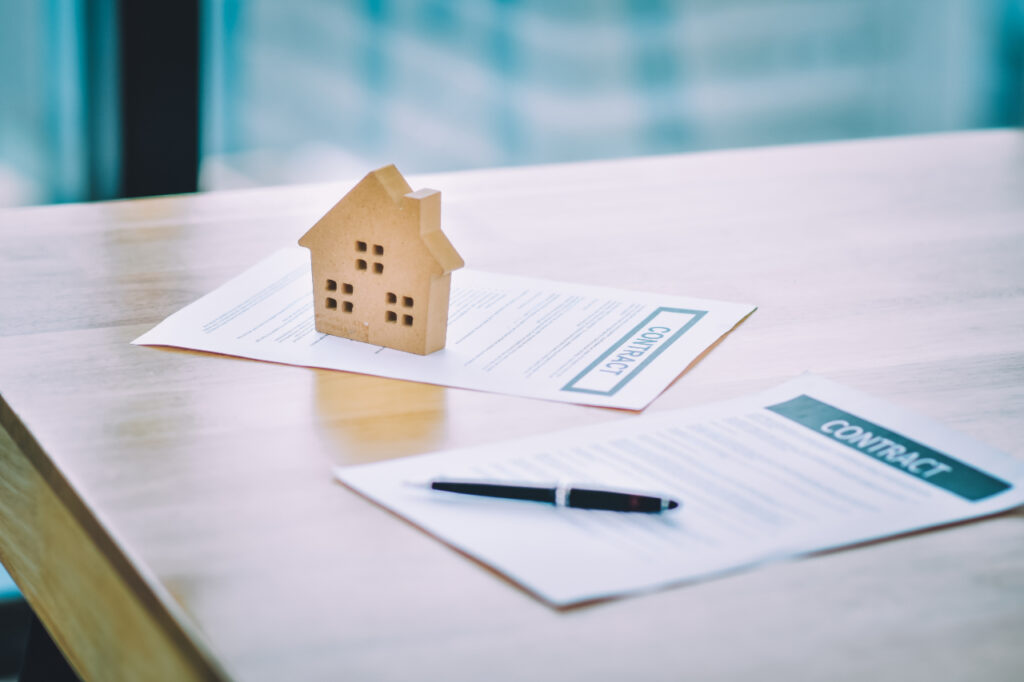What are the things to know before leasing a property?
- It is different from renting
- Consider asking about the lease duration
- Know about the lease inclusions
- Ask about the renovations allowed
- Inquire about payment dues
- It is important to read through every contract clause
- There are penalties for breaking a lease
Leasing a residential property has been a consideration for many people because of the convenience it offers. For lessees, however, choosing the right property is just the first step. There are several things to know before leasing a property because it is covered by a legally binding contract, thus requiring meticulous attention. Any factor left unconsidered could be a problem for you later. That being said, here is a guide on the 7 things to know before leasing a property.
It Is Different From Renting
Before anything else, you need to get some of the basics like the difference between leasing and renting. While often mistaken to be interchangeable, renting and leasing property are different from each other.
Both indeed involve occupying a property for a fixed period. The main difference between lease and rent lies in the contract length. Leasing agreements often cover 12 months of occupancy, while a rental agreement generally lasts 30 days.
After the expiry of a rental contract, the landlord can renegotiate the terms and even increase rental free. Upon the contract expiration of a lease property, the lessor can offer the option to renew the contract or sell off the property to you.
Consider Asking About The Lease Duration
As stated earlier, a lease contract typically covers 12 months. Nonetheless, some lessors may offer lease terms for more than 12 months or less than 12 months. For example, your lessor can agree to a 6 month or 18-month lease contract.
To avoid any confusion, you should consider asking about the lease duration. Ask if the lease term is flexible.
Know About The Lease Inclusions
One of the common mistakes of people who want to lease a property, especially when leasing a furnished property, is the lack of proper endorsement of item inclusions. Make sure to ask the lessor what items are included in the contract to avoid confusion during the duration of the agreement. Make sure to ask the lessor what utilities are covered in the contract as well. Will you have storage, parking, or pool access? Depending on what’s stipulated in the arrangement, you may need to pay additional fees for these types of inclusions.
Ask About The Renovations Allowed
Most lease contracts last 12 months. With time, you might want to make design changes or other improvements to the property. It’s crucial that you address what type of renovations are allowed on the property and what changes require lessor approval first. You should also ask about who will pay for the changes, who will own them upon completion, and whether the property must be returned to its original state after the contract ends.
Put all the details in writing as part of the lease contract so you do not encounter any confusion when you decide to make alterations.
Inquire About Payment Dues
Lease properties are gaining popularity among people because they have a more stable term of payment. The payment terms and conditions are also clearly defined from the start of the contract signing. No alteration can be made by both parties within the contract’s time frame.
For example, if both parties agreed to a certain amount within one year. The payment will remain the same until one year. Nonetheless, each lessor is different. Make sure to inquire about the payment process. Ask when your payment is due and if there are additional fees if you miss a payment.
If you are looking to move in the middle of a month, consider asking the lessor if they are willing to prorate the amount so you only pay the amount for the time you are living in the property. For example, if your payment is P50,000, but you move in the middle of the month, the prorated value would be P25,000.
It Is Important To Read Through Every Contract Clause
Most of the time people make the mistake of not thoroughly reading contracts. If you have this habit, you might end up signing a lease contract completely in favor of the lessor. So, you must read through the printed word and discuss the contract clause by clause.
For lease properties, neither party can change any terms of the agreement until the contract ends. In any event that either the lessor or lessee violates the contract, penalties can be incurred. If there is a time to negotiate on the clauses, it is when the contract is not yet signed.
There Are Penalties For Breaking A Lease
Breaking a lease contract can be costly. You could be asked to pay for the remaining terms of your lease, as well as other penalties that can vary on the local laws or the initial contract signing.
To minimize your liability, ask to include a clause in the contract that defines the terms for getting out of the lease and the specific amount to be paid.
Key Takeaway
There are numerous things to know before leasing a property. Being informed about these key considerations can help protect you and avoid costly penalties. If you have concerns about choosing which leasing property is best for your living situation, contact professional real estate broker John Yu and Daphne Yu by clicking the button below!

